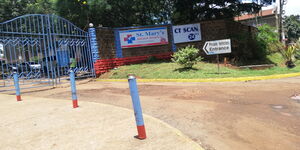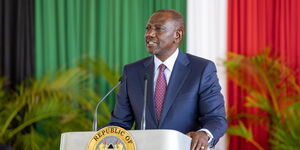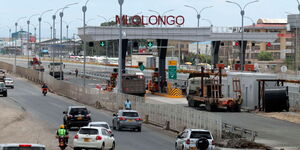The transport watchdog is preparing to go after matatus that have resisted using cashless payment system to collect fares from commuters.
The system was instituted in the Gazette Notice dated July 24 to help reduce handling of cash and in turn reduce the spread of the Covid-19 virus.
In the guidelines contained under Public Health (Covid-19 Operation of Public Service Vehicles) rules 2020, the matatu owners are liable to a fine of Ksh 20,000 for not using the cashless system.
The rules also outlined that no foods or drinks were to be sold to travellers while on board.
"A system for contact free payment shall be put in place by the operator.
"A person who commits an offence under this rule shall on conviction be liable to a fine not exceeding Ksh 20,000 or to imprisonment for a period not exceeding six months or both," read the public health rules in part.
The rules also indicated that the matatus were to check temperature rates of all passengers as well as keep social distance by keeping some seats vacant.
In April, when the new system of cashless payment was first floated, some of the matatu operators became skeptical of the service following dodgy customers.
They complained that some of the commuters were reversing their payments after they alight making it difficult to account for all fares paid.
Some of them claimed that they were losing as much as Ksh 1,000 per day to passengers reversing their pays after alighting.
The development saw various saccos abolish cashless payment systems.
This is, however, not the first time the cashless system has been floated in the country. In 2014, the state was hellbent on having electronic systems of payment in the transport sector with a card dubbed 1963 that never really took off.
The system was to have passengers pre-load the cards which they would then swipe while travelling to prevent conflicts over balances.












